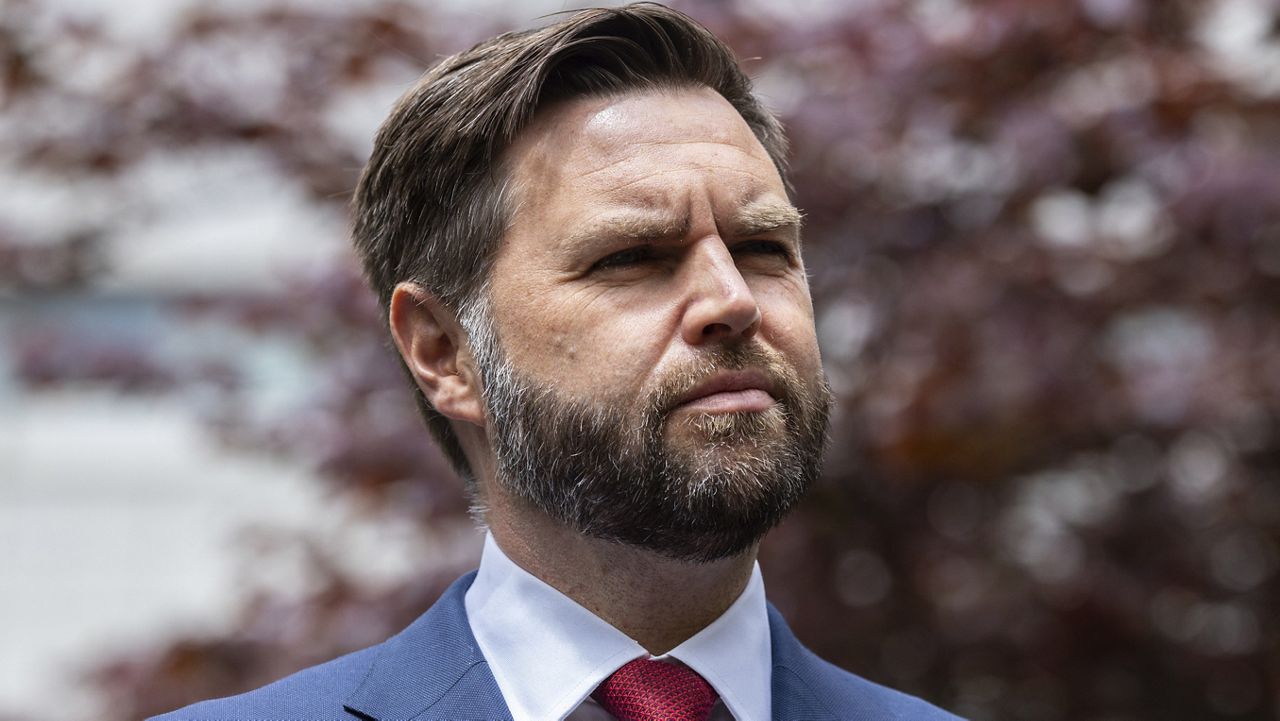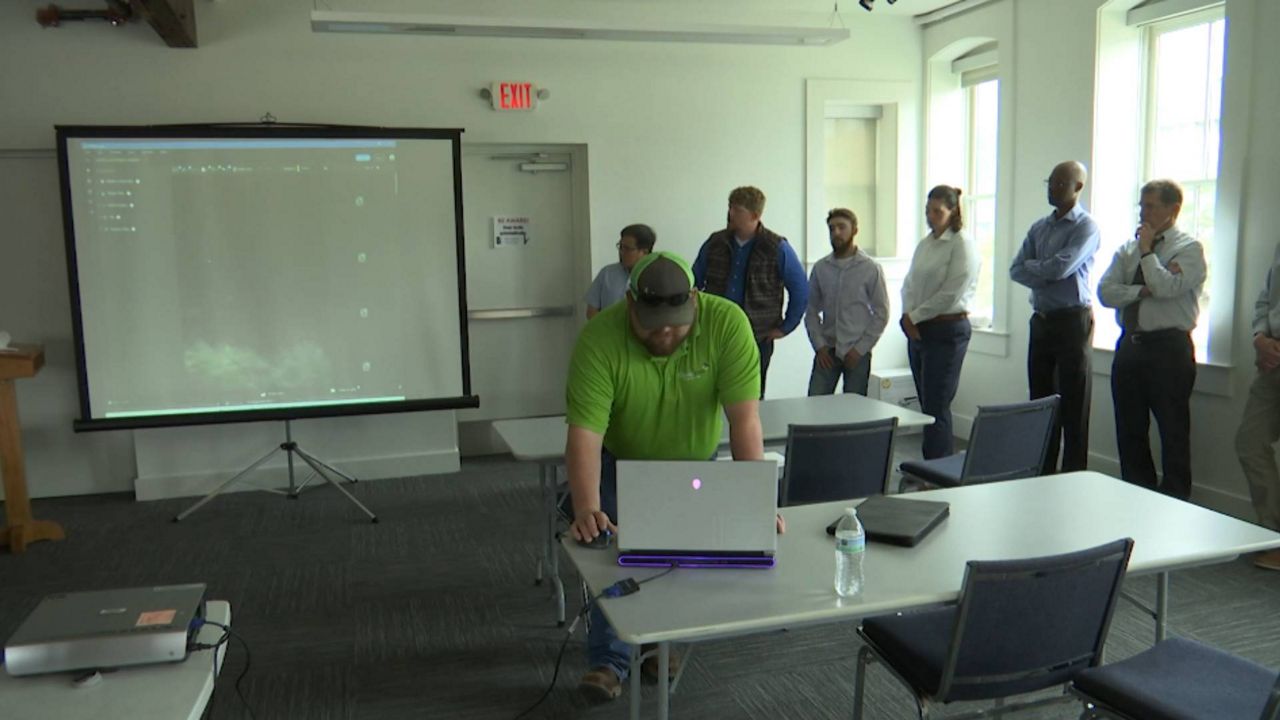FRANKFORT, Ky. — Diversity, equity and inclusion was a topic of discussion for Kentucky lawmakers Tuesday. They asked leaders at Kentucky universities how those schools are implementing DEI policies and questioned members of the Kentucky Council on Postsecondary Education.
This comes after failed attempts to limit DEI policies in the last legislative session. Two bills failed to gain traction in both the House and Senate.
After Northern Kentucky University President Dr. Cady Short-Thompson detailed NKU’s DEI efforts, republican Rep. Emily Callaway, who voted to eliminate DEI at public universities, asked if the university’s events were truly inclusive. “I don’t see white anything. I see Black male/female events. My son, what would he relate to on your campus? And how is this inclusive?” she asked.
“And how is it promoting unity while you segregate Black/white, well we’re assuming there’s some whites that go there. We don’t know, because there’s no mention of any activity for whites. I’m having a problem understanding what the justification is when we use the terms diversity to exclude very specifically my son.”
Short-Thompson responded, saying all students were welcome to attend campus events.
“So, 85% of NKU students are white. And if you look at the list of different groups, for example, many different students attend and belong to different student groups that are offered here. Certainly, all students are welcome and included to attend any of the different groups,” she explained.
Short-Thompson also pointed out that implementing DEI policies accounts for very little of NKU’s overall budget.
The vice president and general counsel of the Kentucky Council on Postsecondary Education, Travis Powell, explained the grading system in which each higher education institution is encouraged to hit certain targets for diversity in enrollment and staffing. Powell said they are not quotas. However, failing to hit targets can result in institutions not being allowed to start new programming.
Timothy Minella of the Goldwater Institute, a conservative think tank that advocates for upholding the constitution, called for the Kentucky Council on Postsecondary Education to abolish DEI policies.
“This doesn’t advance equal opportunity. It mandates unequal treatment based on race and ethnicity,” he said.
Minella received pushback from lawmakers supportive of DEI policies, saying they’ve helped places like NKU and the University of Kentucky attract and maintain a diverse group of students.
As Short-Thompson put it, it’s “a place for everyone.”
The committee is expected to discuss DEI in higher education again in a September meeting.










